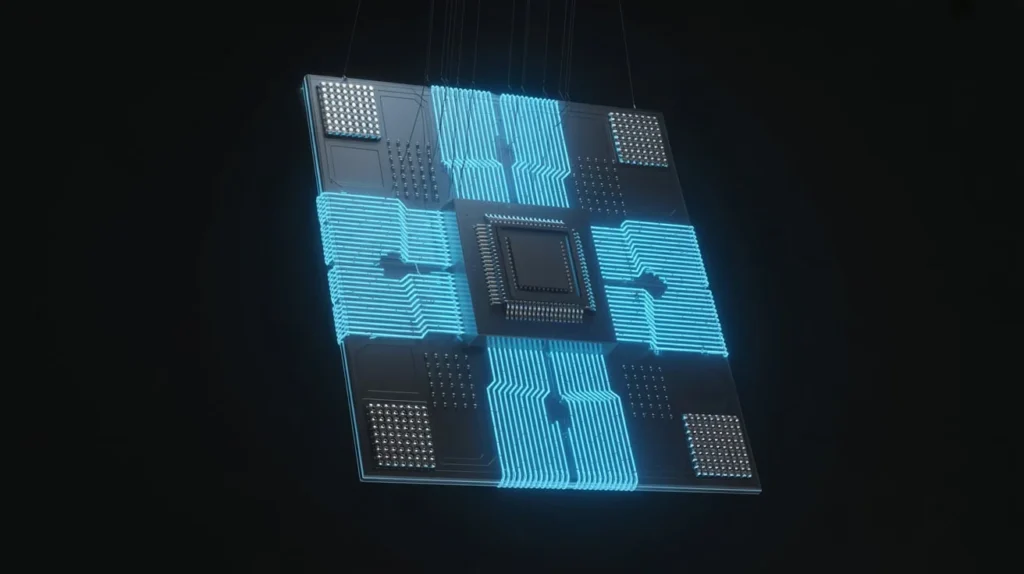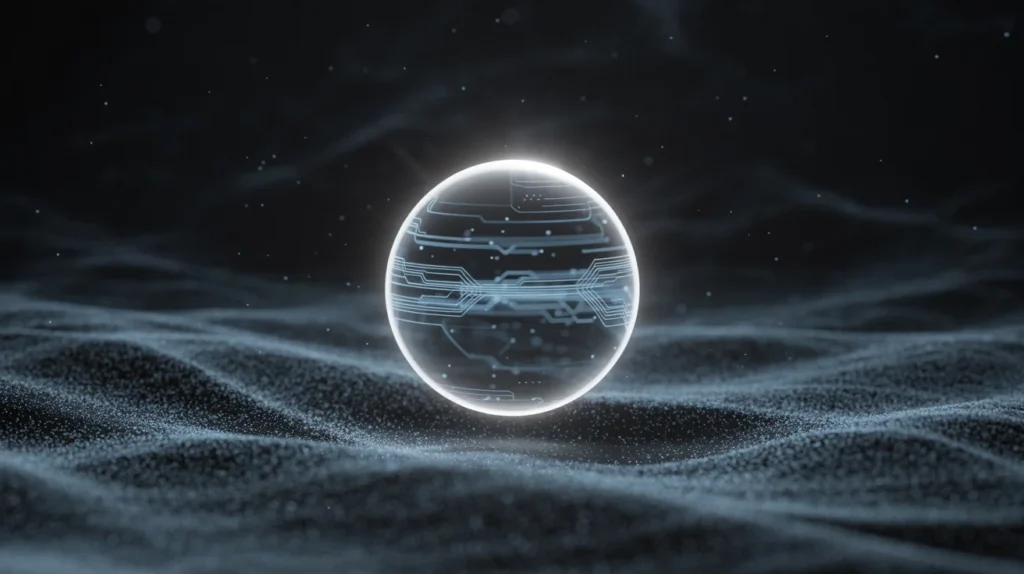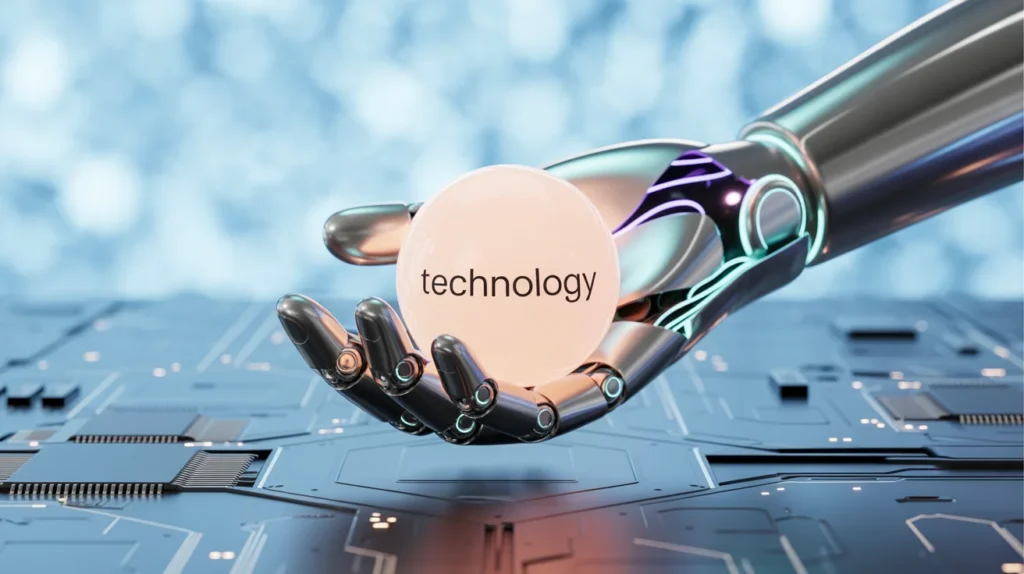Technology is everywhere. From the smartphones in our hands to the vehicles on our roads, it shapes how we live, work, and communicate. But when asked “what is the best definition of technology,” many people find it hard to give a simple answer. Technology is more than just gadgets or software; it is the practical application of knowledge to solve problems and improve life. It combines science, engineering, and creativity to create tools, systems, and processes that help humans function more efficiently.
In modern life, understanding technology is crucial. It influences education, healthcare, business, and even entertainment. The best definition of technology emphasizes both its utility and its ability to drive innovation. Whether you are a student, professional, or curious learner, grasping this concept helps you see the world differently. Technology is not static; it constantly evolves, reshaping our society in unexpected ways.
Technology also has a cultural and social dimension. It impacts communication, collaboration, and access to information. From artificial intelligence to renewable energy, technology serves as a bridge between knowledge and action.
Historical Perspective: Understanding Technology Through Time
Technology is not just a modern phenomenon; its roots stretch back thousands of years. Early humans invented simple tools like stone axes and methods for making fire. These innovations helped them hunt, cook, and survive more efficiently. Over time, humans developed farming tools, irrigation systems, and early machines, shaping the foundation of civilization.
Early technological inventions significantly influenced human progress. Tools evolved from simple to complex, showcasing creativity and problem-solving. Knowledge was passed through generations, accelerating innovation. The industrial revolution further transformed society as machines replaced manual labor, and steam engines, printing presses, and factories revolutionized productivity.
Modern Technology in Today’s World

Today, technology is a broad concept that covers multiple fields. It includes electronics, software, machinery, biotechnology, and communication systems. The modern definition emphasizes the practical application of scientific knowledge.
Key Features:
- Enables problem-solving and innovation
- Connects people and ideas globally
- Enhances efficiency and productivity
- Drives economic growth and development
Technology is also dynamic. Innovations like artificial intelligence, cloud computing, and renewable energy redefine industries continuously. These modern tools demonstrate how technology is more than hardware it is a framework for solving complex problems efficiently.
Technology and Society
Technology profoundly influences society. It shapes how we communicate, work, learn, and entertain ourselves. Social media platforms, online education, and telemedicine illustrate technology’s ability to connect people and improve access to essential services.
In Education
Technology has transformed education by providing access to online courses, interactive study materials, and virtual classrooms. Students can learn from anywhere, collaborate with peers, and access resources instantly, making learning more flexible and engaging.
In Healthcare
Healthcare technology allows doctors to diagnose and treat patients remotely through telemedicine platforms. Advanced diagnostic tools, wearable devices, and electronic health records improve accuracy, efficiency, and patient outcomes.
In Business
Businesses leverage technology to automate repetitive tasks, analyze data, and optimize operations. E-commerce platforms, customer management systems, and analytics tools increase efficiency, reduce costs, and improve decision-making.
In Daily Life
Smartphones, home assistants, and wearable devices simplify everyday tasks. From setting reminders to controlling home appliances, technology enhances convenience, saves time, and streamlines daily routines.
However, technology also raises ethical and social questions. Data privacy, digital addiction, and job displacement are challenges that come with technological advancement. Understanding its impact helps users and policymakers make informed decisions.
Components of Technology: Tools, Techniques, and Systems
Technology is not only about devices; it involves a combination of tools, techniques, and systems. These components work together to produce solutions.
Basic Components:
- Tools: Physical or digital instruments used to perform tasks efficiently.
- Techniques: Methods or procedures applied to solve problems.
- Systems: Integrated structures combining tools and techniques to achieve goals.
This framework helps define technology clearly. By studying its components, one can understand both simple inventions and complex technological ecosystems like AI-powered platforms or smart cities.
The Future of Technology: Trends and Predictions

Looking ahead, technology will keep evolving and reshaping our world. Emerging trends like artificial intelligence, quantum computing, biotechnology, and sustainable energy are set to transform industries, healthcare, transportation, and daily life. These innovations promise efficiency, convenience, and progress across multiple sectors.
AI and machine learning will redefine automation, while renewable energy drives sustainability. Biotechnology will advance medicine and agriculture, and smart cities will enhance urban living efficiency. By understanding what is the best definition of technology and observing these trends, individuals can adapt, innovate, and thrive in a rapidly changing world.
Key Benefits of Technology in Everyday Life
Technology offers numerous benefits across all aspects of life. It simplifies tasks, enhances communication, and provides access to knowledge instantly.
Major Advantages:
- Saves time and reduces effort
- Increases productivity in work and personal tasks
- Facilitates learning and research
- Encourages creativity and innovation
- Improves health, safety, and lifestyle quality
By leveraging these advantages, individuals and societies can improve their living standards and adapt to rapidly changing environments.
Challenges and Ethical Considerations
While technology brings significant benefits, it also presents challenges that cannot be ignored. Ethical, social, and environmental issues arise with the widespread adoption of modern tools. Ensuring responsible use is essential to prevent misuse and protect society.
Data security and privacy concerns, digital divide and access inequality, environmental impact from electronic waste, and the ethical use of artificial intelligence are major considerations. Understanding and addressing these challenges helps technology serve humanity effectively while minimizing potential negative consequences.
Conclusion: Understanding Technology in Its Full Scope
Technology is the application of knowledge to solve problems and enhance human life. From ancient tools to modern AI, it demonstrates creativity, efficiency, and innovation. Understanding the best definition of technology helps us appreciate its role in society and the opportunities it offers.
As technology evolves, so do our responsibilities. Ethical considerations, sustainability, and accessibility are crucial to ensure that technological progress benefits all. Embracing technology with knowledge and caution will help society thrive while maintaining balance.
In summary, technology is not just tools or machines it is a powerful force that shapes human experience, connects communities, and drives progress. Knowing its definition and purpose equips us to make informed decisions and contribute to a better future.

